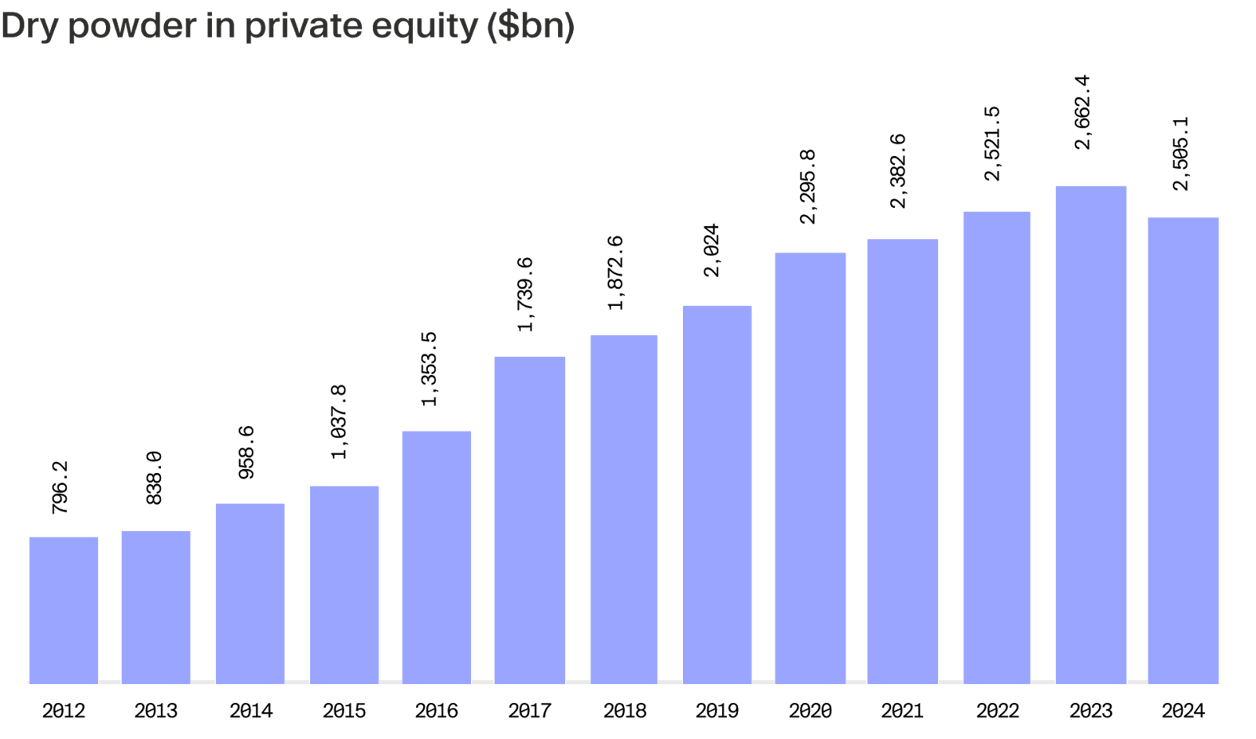Climate-Resilient Agriculture: The Foundation of Drought-Resistant Portfolios
Agricultural investments form the cornerstone of many drought-resistant investment strategies. Climate-resilient agriculture encompasses farming practices, technologies, and crop varieties specifically designed to maintain productivity under water-stressed conditions. This includes precision irrigation systems, drought-tolerant crop varieties, soil moisture conservation techniques, and integrated water management systems.
Investors are increasingly recognizing that traditional agricultural investments may face significant risks from changing precipitation patterns and extended drought periods. In contrast, farms and agricultural companies that have adopted water-efficient practices demonstrate greater stability and profitability over time. These operations often utilize advanced technologies such as soil sensors, satellite monitoring, and AI-driven irrigation management to optimize water usage while maintaining or increasing yields.
The development of drought-resistant crops through both traditional breeding and biotechnology represents another significant investment opportunity. Companies developing seeds that require less water while maintaining nutritional value and yield potential are positioned to benefit from the growing demand for climate-adapted agriculture. These innovations are particularly valuable in regions experiencing increasing aridity and unpredictable rainfall patterns.




:max_bytes(150000):strip_icc()/mutualfund-final-253e20b35df7479b8afb203b56c934c2.png)